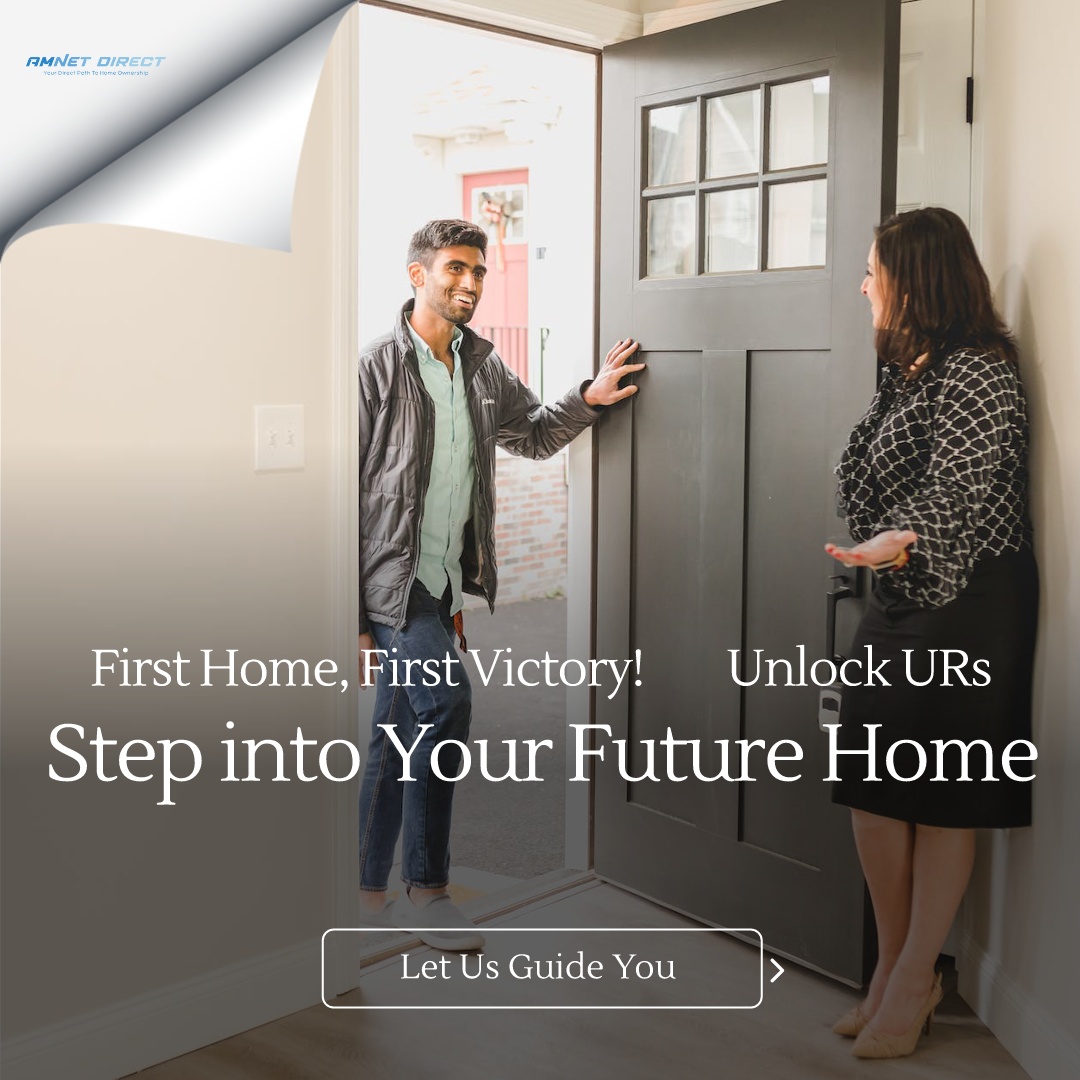The horizon unfolds with a tapestry of azure and emerald, a tableau whispering the promise of tranquility.
In this haven, veterans recount tales where sandy shores become sanctuaries, and worries dissolve with the ebbing tide.
Beneath a canopy of boundless skies, they discover a place where valor meets paradise, a harmonious melody of life’s new chapter.
Unpacking VA Loan Benefits
The VA Home Loan program offers unparalleled advantages, like zero down payments to ensure veterans can secure a home without financial strain.
With competitive interest rates and no requirement for private mortgage insurance (PMI), the VA loan presents an affordable pathway to homeownership, significantly reducing monthly expenses.
Moreover, the VA guarantee provides lending stability, ensuring access to better terms for our nation’s heroes.
Zero Down Payment Perks
VA Loans empower veterans to become homeowners—not renters—with comprehensive benefits unmatched in the conventional market.
A VA loan in Hawaii can turn Hawaiian dreams into tangible realities without the daunting obstacle of a down payment.
This pivotal financial advantage allows veterans to allocate funds towards upgrades or savings, rather than a lump sum upfront, enhancing their economic flexibility.
Securing a home with zero down payment translates into sizable savings at closing—funds that can fuel a smoother transition and an enriched Hawaiian living experience.
Freedom from PMI
The absence of PMI is a hallmark of the VA loan, providing a clear financial edge to veterans. Unlike conventional loans, which require PMI without a significant down payment, VA loans liberate veterans from this additional monthly burden.
No PMI means more savings for homebuyers. These funds can be redirected towards other expenses or savings, adding another layer of fiscal security.
Moreover, sidestepping PMI enhances borrowing power. It emboldens veterans to consider homes that might otherwise be financially out of reach.
The removal of PMI is akin to a financial promotion for homeowners. It improves the affordability of a mortgage, allowing veterans to invest more in their future.
The VA’s stance on PMI underscores their commitment to veteran support. It eliminates an often-overlooked expense that can accumulate significantly over the life of a mortgage.
Ultimately, freedom from PMI echoes veterans’ service: it rewards commitment with financial liberations. A VA loan elevates ownership possibilities, much like veterans elevate our nation’s ideals.
Relaxed Credit Guidelines
VA loans offer more lenient credit requirements, broadening access to homeownership for veterans with varied financial histories. Unlike conventional loans, these criteria are designed to be veteran-friendly, reflecting an understanding of the financial challenges that service members might face post-service.
Credit scores that intimidate conventional lenders don’t shut veterans out. With VA loans, a path to homeownership remains open despite credit imperfections. This flexibility acknowledges the unique circumstances veterans face, offering them a chance to secure a home without the stringent barriers commonly found in the traditional lending market.
A history of bankruptcy or foreclosure isn’t an insurmountable barrier with VA loans. After meeting the required waiting periods, veterans can still explore loan options when other borrowers might still be regaining their financial footing. This aspect provides a beacon of hope for those who have experienced financial distress, ushering them toward reclaiming stable ground with homeownership.
VA loans epitomize a commitment to accessible financing for our nation’s heroes by accommodating credit profiles that might be less than perfect. Beyond the immediate benefit of home acquisition, this opportunity fosters long-term financial resilience, allowing veterans to rebuild credit, accumulate equity, and establish a secure base for life post-service. It’s a potent tool in restoring a sense of “normalcy” and stability for our country’s defenders.
Eligibility and Application
Eligibility for a VA Home Loan hinges on service duration, duty status, and discharge conditions. Veterans who meet these criteria can seek a Certificate of Eligibility (COE), a key document in the loan process.
Once the COE is secured, veterans can navigate their loan application with an accredited VA lender. The process includes credit evaluation, income verification, and property appraisal, each serving as guideposts toward loan approval.
Finalizing the loan involves meeting specific lending requirements and underwriting guidelines akin to forging a path to homeownership.
Qualifying for Your VA Loan
To embark on the journey towards a Hawaiian dream home, securing eligibility is paramount. Veterans must first obtain their Certificate of Eligibility (COE), reflecting honorably served time.
The COE is akin to the compass that guides the way; however, service alone is not the sole qualifier. Creditworthiness and debt-to-income ratios are scrutinized, ensuring fiscal responsibility and loan repayment capacity.
Moreover, the property in question must meet VA appraisal standards, satisfying both value and safety requirements. This process ensures veterans invest in worthwhile real estate, safeguarding their paradise-seeking venture.
Concurrent with these criteria is income verification, a testament to a borrower’s consistent financial means. Veteran borrowers must demonstrate stability and reliability in their earnings to secure their VA loan approval.
In conclusion, meticulous adherence to these qualifying steps will place veterans in admirable stead. The endeavor to acquire a Hawaiian haven with a VA Home Loan thus begins.
The Application Process Simplified
Securing a COE is the initial step towards your Hawaiian home. It’s essential yet straightforward, creating a pathway to eligibility.
Once your COE is in hand, lenders will delve into your financials. They’ll examine your creditworthiness, ensuring you’re a solid candidate for a loan.
Anticipate property evaluations next; your dream home must pass a VA appraisal. This safeguards your investment, aligning value with the quintessence of Hawaii.
Income validation is another important step, showcasing your fiscal strength. It paves the way for the smooth issuance of your VA loan.
Thus, the journey to homeownership in Hawaii via a VA loan is demystified. With diligent preparation, paradise is within your reach.
Finding Your Hawaiian Haven
Embarking on your quest, you’ll encounter a diverse array of homes that embody Hawaii’s eclectic charm and diverse landscapes.
When surveying potential abodes, prioritize aspects that align with your lifestyle, whether it’s proximity to bases or tranquil beachfront bliss, ensuring comfort and satisfaction in your island retreat.
Let the Hawaiian breeze guide you to a residence where memories can flourish, and the ‘Aloha Spirit’ becomes a cornerstone of your daily existence.
Types of Properties You Can Purchase
With VA loans, a variety of residential properties in Hawaii are accessible to veterans.
- Single-Family Homes: The quintessential dwelling for privacy and space.
- Condominiums: Ideal for those seeking less maintenance and community living.
- Multi-Unit Properties: A chance to own a home while generating rental income.
- Manufactured Homes: An affordable entry point into homeownership, subject to VA guidelines.
Each property type comes with its own set of benefits tailored to different lifestyles.
Ensuring VA loan eligibility for your chosen property is crucial for a smooth purchase process.
Island Real Estate Insights
When exploring Hawaii’s real estate market, remember that location is paramount. Coastal regions differ remarkably from the interior landscapes, each with its distinct characteristics, amenities, and community vibes.
Properties in Hawaii often carry a premium due to limited land. Analyze market trends to make informed decisions.
Enlisting assistance from a VA-accredited real estate agent can help navigate Hawaii’s unique market. Their expertise can be crucial, as they’re well-versed in specific zoning laws, potential flood zones, and properties eligible for VA loans.
Hawaii’s real estate terrain is diverse, with varied climates and local regulations. When selecting potential abodes, consider environmental factors like volcanic activity and coastal exposure, which can influence insurance requirements and long-term property value. Purchase with foresight, acknowledging that “paradise” demands respect for its natural elements.
VA Loan Limits and Costs
In Hawaii, the Veterans Affairs (VA) loan limits are determined by the Federal Housing Finance Agency’s annual county loan limits. For many veterans, this translates into an opportunity to purchase a home without the constraint of a conventional loan ceiling, empowering you to invest more in your Hawaiian dreamscape. Even in high-cost counties, the VA loan program is designed to accommodate the higher price points typical of Hawaiian real estate, affording you the flexibility to explore a broader range of homes.
Understanding the costs associated with VA loans is critical in your homeownership journey. Thankfully, the VA funding fee—a one-time payment to help keep the loan program running—is the only mandatory cost, and it can often be rolled into your total loan balance. Moreover, veterans receiving disability compensation are exempt from this fee, offering an additional financial advantage for qualified individuals.
Understanding the Loan Cap
The VA loan cap is the maximum loan amount the VA will guarantee without a down payment.
- No Down Payment Required: For loans within the established cap, veterans can secure a home in Hawaii with no money down, maximizing affordability.
- High-Cost Area Adjustments: In high-cost areas like Hawaii, loan caps are higher, reflecting the elevated real estate prices in the region.
- Excess Costs: If the home price exceeds the cap, veterans may need to make a down payment on the difference.
Veterans can exceed the cap with a down payment, enabling purchase of higher-priced homes.
Hawaii’s VA loan cap accommodates the state’s higher property values, simplifying veteran homeownership.
Estimating Closing Costs
Closing costs in Hawaii can be a considerable part of your home purchase.
Title searches, origination fees, and other settlement services are layered onto the final price. While specific costs vary, an estimate grounds your financial planning.
Remember, certain fees can be negotiated or shared with sellers in Hawaii’s real estate market. Prudent negotiation can lead to significant savings in closing expenditures.
On average, expect closing costs to be around 1% to 3% of the home’s purchase price. These figures provide a baseline for budgeting but always anticipate slight variances.
Sourcing detailed closing cost estimations from lenders ensures financial preparedness. This foresight protects your interests during the final steps of the home-buying journey.
Contact Us Today!


